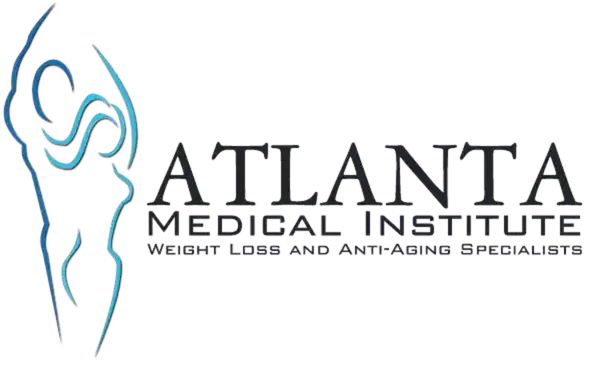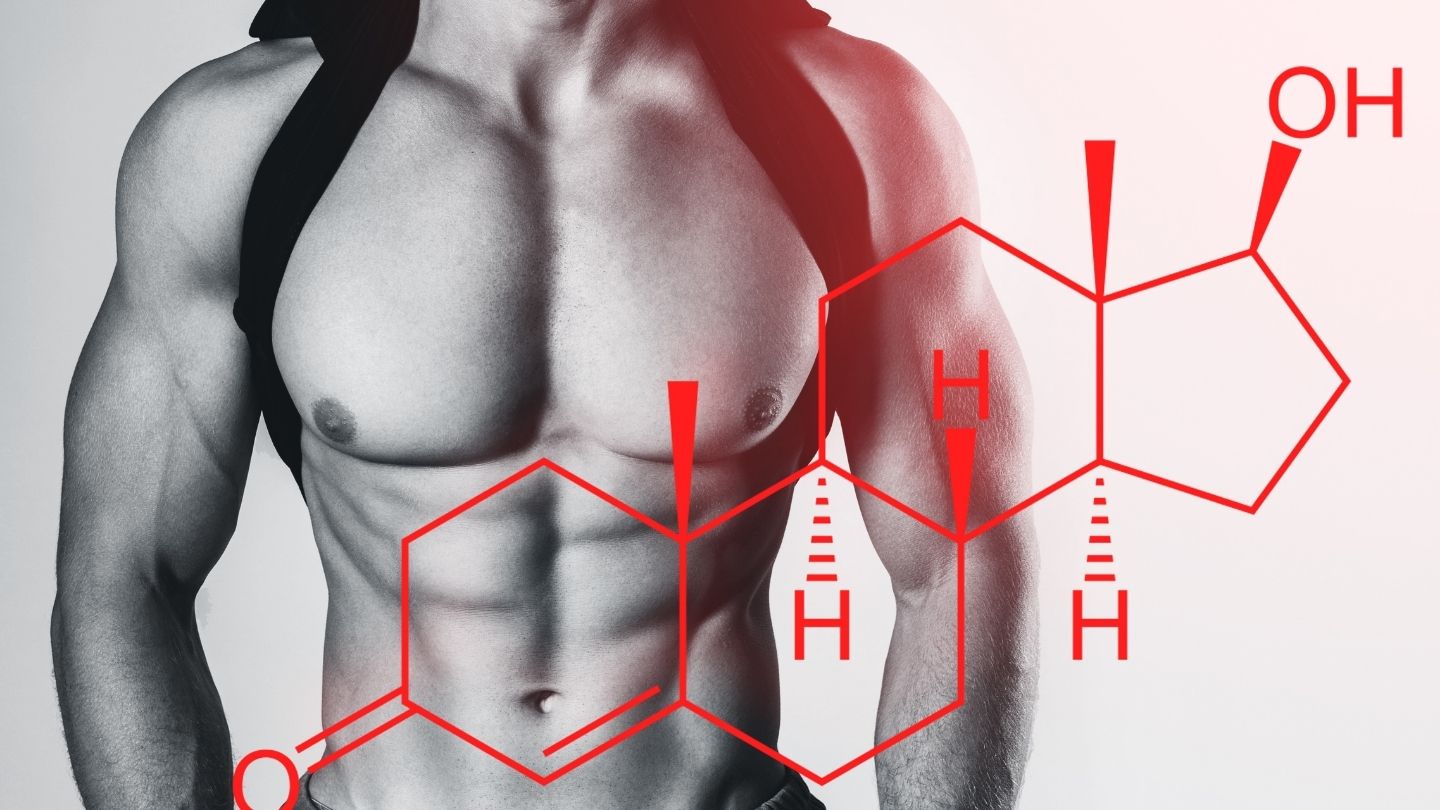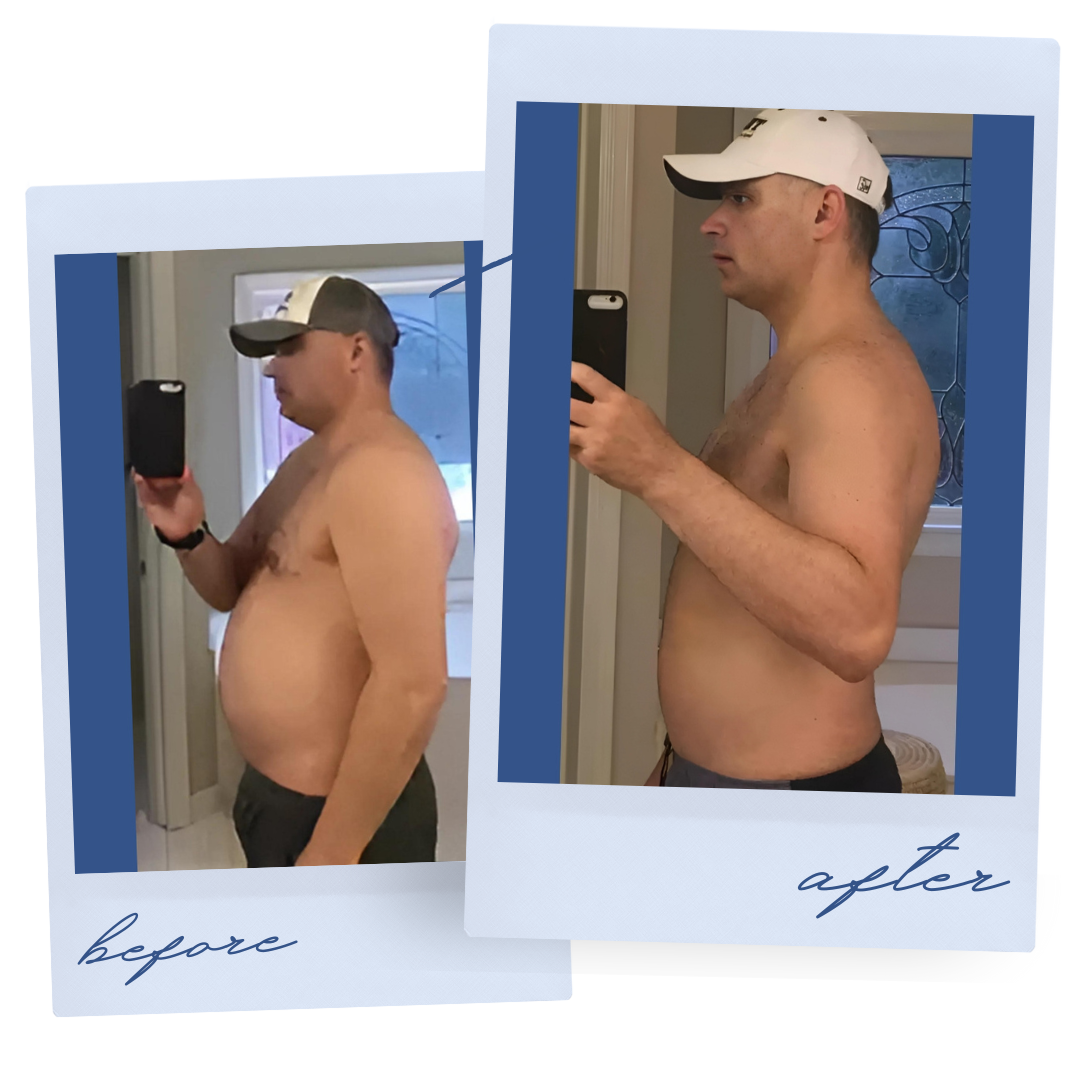Wondering what age to start TRT? The right age can depend on various factors. This article covers when you might consider testosterone replacement therapy, ranging from your 20s to your 40s, and why consulting a healthcare provider is crucial. We’ll also discuss symptoms of low testosterone and the potential benefits and risks at different ages. Read on to make an informed decision.
Key Takeaways
- Testosterone Replacement Therapy (TRT) can effectively restore low testosterone levels, improving health and quality of life, particularly for men over 30.
- Common symptoms of low testosterone include decreased muscle strength, increased body fat, persistent fatigue, and sleep disturbances; early evaluation by a healthcare provider is essential.
- The ideal age to consider starting TRT ranges from the mid-20s to late 40s, with benefits and risks varying by age group, emphasizing individualized assessment and monitoring.
Understanding Testosterone Replacement Therapy (TRT)
Testosterone replacement therapy (TRT) uses synthetic testosterone, often through injection, to replenish hormone levels in those with low testosterone. The main goal of TRT is to elevate these levels to a normal range that promotes overall health and wellness. Given its role in muscle development and maintenance, synthetic testosterone is essential for those looking to preserve an active lifestyle. Testosterone treatment has proven beneficial for people suffering from low testosterone.
Many older men turn to TRT to boost hormone levels, leading to improved energy and sexual drive. While it’s common among men over 50, younger males also assess their need for treatment by checking their hormonal status more frequently. Ongoing surveillance within TRT ensures optimal dosage adjustments while guarding against adverse effects.
Experts like endocrinologists, who specialize in hormones, typically oversee TRT prescriptions, ensuring patients receive care tailored to their specific symptoms and blood test analyses. This customized strategy maximizes therapeutic benefits while minimizing potential risks.
Signs You Might Need TRT
Prior to initiating testosterone replacement therapy (TRT), it is essential to recognize the indicators of low testosterone levels. Commonly observed symptoms consist of reduced muscle strength, an upsurge in body fat percentage, and persistent sensations of tiredness. Disruptions in sleep patterns, such as suffering from insomnia, can signal a decrease in testosterone.
Manifestations indicative of low testosterone may deeply impinge on life quality and diminish one’s drive for participating in everyday activities.
Symptoms associated with diminished testosterone can commence sometimes around 30 years old. Experiencing depressive states or having trouble maintaining focus might also be symptomatic of waning levels, which could detrimentally influence your mental state as well as overall healthiness. It is imperative when these signs appear that you seek professional medical counsel for evaluation.
Comprehensive medical scrutiny often involves conversing about reported symptoms along with undergoing a physical examination by healthcare personnel. To verify suspicions regarding lowered concentrations—and determine potential reasons attributable—to understand blood tests are indispensable steps toward diagnosis. Being aware and addressing these signals without delay may forestall worsening conditions whilst fostering enhanced general wellness.
Ideal Age to Consider TRT
Deciding when to begin testosterone therapy requires careful thought, as the right age differs for each individual. Typically, considering TRT is reasonable between one’s mid-twenties and late forties, with every age bracket presenting distinct factors to weigh including advantages and possible hazards.
As we delve into more detail in subsequent sections, we’ll examine what it means to start TRT during your 20s, 30s or 40s. Gaining insight into these distinctions will aid you in determining the most suitable time for initiating testosterone therapy tailored to your personal situation.
Starting TRT in Your 20s
Under specific health circumstances, initiating testosterone replacement therapy during one’s twenties is considered uncommon yet sometimes necessary. Before embarking on TRT, males within this demographic should be thoroughly examined to confirm the presence of low testosterone through a detailed review of symptoms and repeated blood tests for an accurate diagnosis.
TRT can offer considerable advantages such as augmented muscle mass, heightened energy levels, and enhanced overall well-being for those in their 20s. It is critical to acknowledge potential risks associated with treatment, like its effect on red blood cell generation and the risk of developing blood clots. Discussing these issues extensively with a healthcare professional is crucial when deciding whether or not to proceed with treatment.
Embarking upon testosterone replacement at an early age necessitates careful oversight along with a customized approach to managing therapy so that hormone levels are kept within optimal boundaries. With vigilant management, young individuals experiencing symptoms from low testosterone can utilize TRT effectively to improve life quality while addressing any underlying concerns related to insufficient hormone levels.
TRT in Your 30s: What to Know
Many men start to detect symptoms of low testosterone as they reach their 30s. At the age of 35, if these symptoms become noticeable, it’s crucial to engage with a healthcare professional for an in-depth assessment. This involves discussing the signs you’ve been experiencing and undergoing blood tests to verify if your testosterone levels are indeed low while also evaluating the pros and cons associated with Testosterone Replacement Therapy (TRT).
Initiating TRT during one’s thirties may counteract the natural decrease in testosterone that usually sets in at this stage of life. Taking action early can prevent symptoms from escalating and potentially result in improved overall health outcomes. The benefits could encompass heightened energy levels, enhanced mood stability, and increased physical prowess – providing a prime opportunity for some individuals to correct hormonal imbalances.
Discussing both long-term risks and potential advantages thoroughly with your medical provider is vital. When managed appropriately, TRT offers an avenue for sustaining vigor and well-being among men entering their fourth decade of life.
Beginning TRT in Your 40s
Individuals in their 40s often contemplate testosterone replacement therapy (TRT) to alleviate symptoms that come with aging and are suggestive of testosterone deficiency. Such symptoms may encompass a decline in muscle strength, reduced energy levels, and compromised sexual function. Through the administration of TRT, individuals can experience improvements in muscle mass and strength—a boon for older adults who suffer from age-related muscular deterioration.
Initiating TRT during one’s 40s is instrumental in re-establishing hormonal equilibrium while preserving natural testosterone levels, which plays a pivotal role in enhancing overall health and life satisfaction. To mitigate any unwanted side effects associated with TRT, it is crucial to engage in continuous monitoring and adjust the treatment as required.
Confronting low testosterone when you’re situated within this critical decade can actively combat the downward trend brought on by natural aging processes. This intervention promises notable gains across various facets of physical vitality as well as mental health states.
Benefits of Starting TRT at Different Ages
Initiating testosterone replacement therapy can yield a spectrum of outcomes, influenced by the patient’s initiation age. Younger individuals may experience a reverse in common low testosterone indications including lackluster energy and muscle depletion. As time progresses on this replacement therapy, one might observe enhanced drive and life vitality contributing positively to their overall living experience.
Individuals receiving testosterone replacement often report heightened levels of vigor and clearer cognition, particularly those whose low testosterone stems from disorders such as hypogonadism. These advantages are known to bolster everyday functional capacity and amplify personal welfare.
For the elder demographic dealing with symptoms like diminished sexual appetite and erectile dysfunction — frequent companions of advancing years — starting on TRT could provide substantial relief. Beyond these improvements, it has been noted that mood enhancement and sharpened mental focus also emerge during treatment for older adults contending with emotional challenges related to depleted testosterone levels. Embracing TRT at an apt point in life promises various enhancements conducive to an enriched, dynamic existence.
How to Get Started with TRT
Initiating testosterone replacement therapy requires setting up a consultation at a dedicated hormone clinic. In this primary encounter, you’ll have the opportunity to articulate your symptoms and undergo a comprehensive physical examination. This is done to evaluate your general health status and ascertain whether testosterone replacement is the right course of action for you.
It’s imperative that blood tests are conducted prior to commencing treatment with TRT in order to confirm if you’re indeed suffering from low testosterone levels. These tests also aid in pinpointing any underlying conditions.
Following confirmation of your diagnosis, healthcare professionals will craft a personalized treatment regimen designed just for you. It’s essential throughout the course of replacement therapy to regularly check both testosterone concentrations as well as prostate-specific antigen (PSA) markers so as to monitor its efficacy while safeguarding against potential risks. With professional supervision and continued assistance, managing your hormonal health through TRT can be achieved optimally, enabling one to reap its therapeutic rewards.
Atlanta Medical Institute’s Comprehensive Services
The Atlanta Medical Institute takes pride in its integrated approach to health and wellness, focusing on tailored weight loss plans and hormone therapy treatments. They strive to meet the specific health requirements and lifestyle choices of each individual, guaranteeing a personalized healthcare experience.
Having assisted over 40,000 individuals in their weight loss journey, patients have collectively shed upwards of one million pounds under their guidance. This attests to their proficiency and commitment to ensuring patient success. Patients receive sustainable results through consultations with board-certified doctors specializing in weight loss as well as nutrition experts who assist them with setting realistic body fat targets.
Beyond just aiding in shedding unwanted pounds, the Atlanta Medical Institute also offers an array of services aimed at boosting overall well-being. Their comprehensive methods encompass various therapeutic options that help clients reach optimum health objectives while cultivating a harmonious balance within their daily lives.
Summary
In summary, testosterone replacement therapy can offer significant benefits for men experiencing low testosterone levels. Recognizing the signs of low testosterone and understanding the ideal age to start TRT can help you make informed decisions about your health. Whether you are in your 20s, 30s, or 40s, TRT can improve energy levels, mood, muscle strength, and overall quality of life.
If you are considering TRT, consult with a healthcare provider to discuss your symptoms and explore your options. Atlanta Medical Institute offers comprehensive services to support you in your health journey, providing personalized care and expert guidance.
Frequently Asked Questions
What are common symptoms of low testosterone?
Common symptoms of low testosterone include decreased muscle strength, increased body fat, sleep disturbances, depression, difficulty concentrating, reduced motivation, and persistent fatigue.
If you’re experiencing these symptoms, it may be worthwhile to consult a healthcare professional for evaluation.
At what age should I start considering TRT?
You should start considering TRT if you experience symptoms of low testosterone, which can occur from the mid-20s to late 40s.
It’s important to consult with a healthcare professional to evaluate your specific situation.
What are the benefits of starting TRT in your 30s?
Starting TRT in your 30s can significantly improve your energy, mood, and quality of life by addressing declining testosterone levels early on, ultimately preventing further symptoms.
It’s an effective way to maintain your vitality and well-being as you age.
How do I get started with TRT?
To get started with TRT, schedule an appointment at a hormone clinic to check your testosterone levels through blood work and follow a personalized treatment plan with ongoing monitoring.
What services does Atlanta Medical Institute offer?
Atlanta Medical Institute provides personalized weight loss programs, hormone therapy, and holistic health solutions to support patients in reaching their health objectives.








